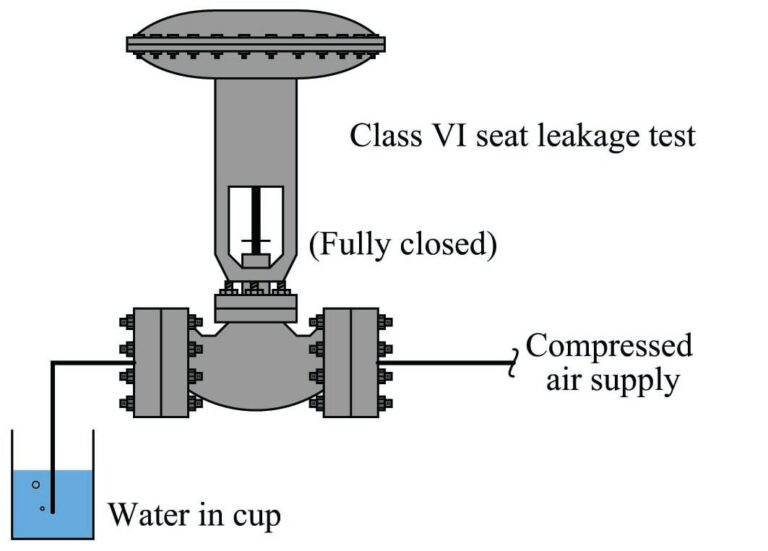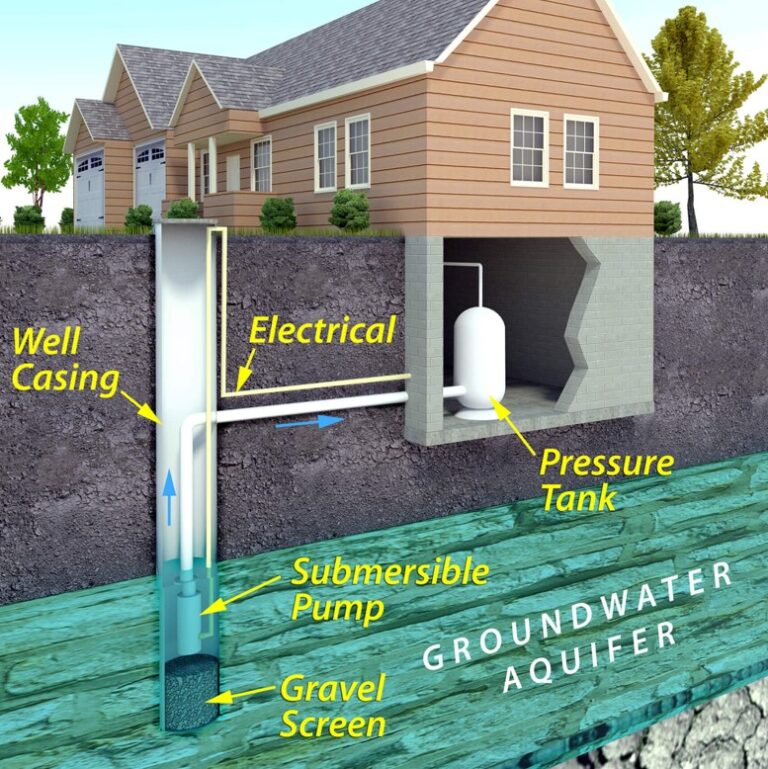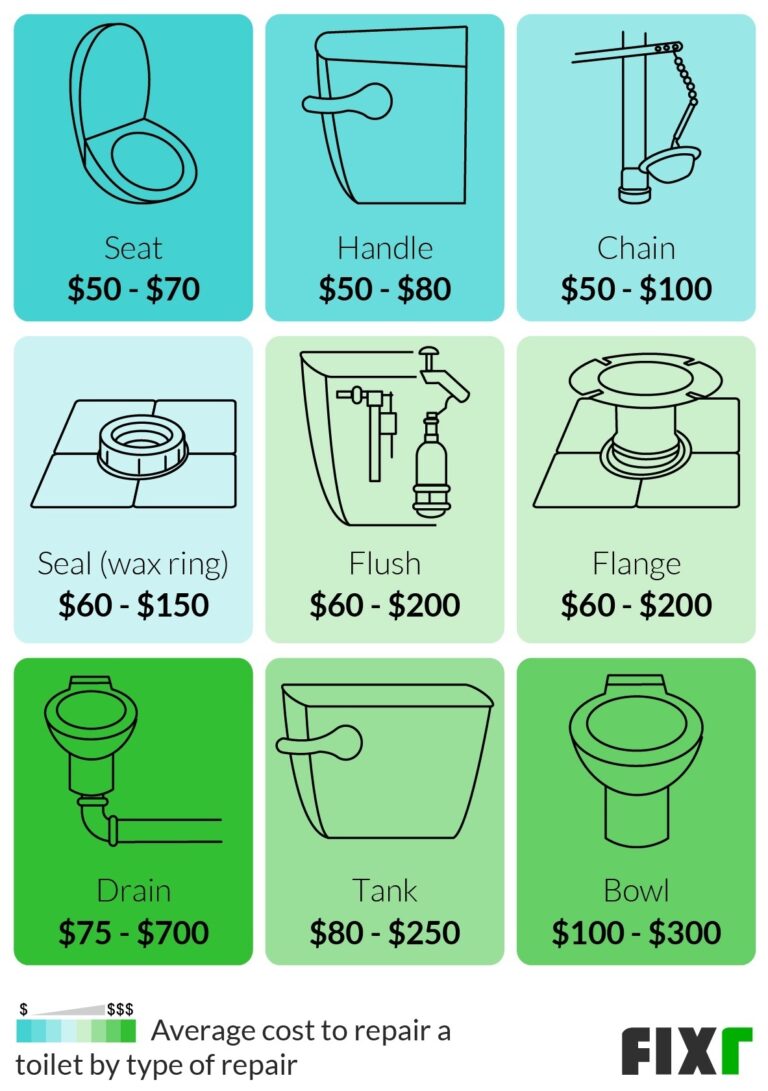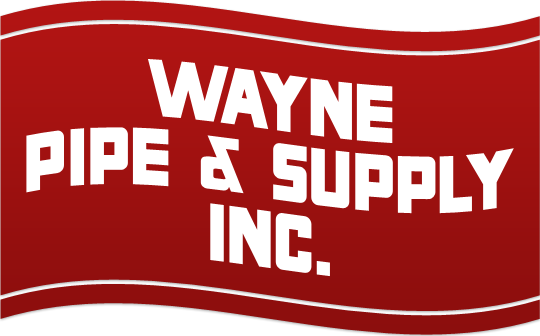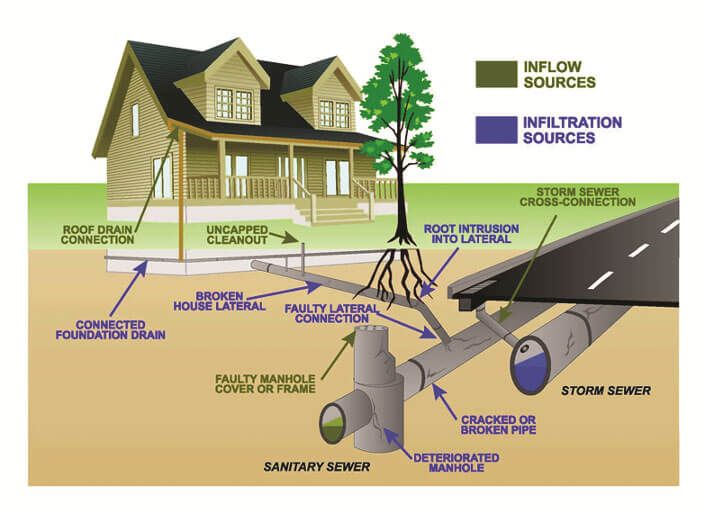How To Write A Plumbing Contract?
A plumbing contract is an agreement between a plumber and a customer to carry out plumbing work for the customer. The agreement outlines the scope of work, materials to be used, payment terms, and other conditions related to the job. It is important to write a detailed plumbing contract to ensure that both parties understand and agree to the terms of the agreement. This article will provide guidance on how to write a plumbing contract.
What to Include in a Plumbing Contract
A plumbing contract is a legally binding agreement between a plumber and a client. It outlines the scope of the project, the materials and services being provided, payment terms, and any other details related to the project. When properly drafted, a plumbing contract should provide clarity and security for both parties. Writing a plumbing contract can be a daunting task, but it doesn’t have to be.
At a minimum, a plumbing contract should outline the following: the services to be provided, the materials being used, estimated costs and fees, payment terms, a timeline for completion, and any warranties or guarantees. It should also include the plumber’s contact information, the client’s contact information, and a signature line for both parties.
It’s important to be as detailed as possible when writing a plumbing contract. This is especially true when it comes to outlining the scope of the project, the materials being used, and any warranties or guarantees. These details can help protect both the plumber and the client from potential disputes down the road.
To ensure that a plumbing contract is legally binding, it should be reviewed by an attorney or other legal professional. This is especially important if the contract involves work that requires permits, such as gas line installation or sewer line replacement.
Writing a plumbing contract can be a complex and time-consuming task, but it’s essential for protecting both the plumber and the client. With careful attention to detail and a thorough review by a legal professional, a plumbing contract can provide the security and clarity needed to ensure a successful project.
How to Draft a Plumbing Contract
Drafting a plumbing contract is an important step in ensuring that your project is carried out correctly and efficiently. A plumbing contract outlines the scope of the project, the responsibilities of each party involved, and the financial terms of the agreement. It is important to have a contract in place to protect both the plumber and the customer. When drafting a plumbing contract, there are several key elements to consider.
Firstly, it is important to outline the scope of the project. This includes the work to be done, the materials to be used, the timeline, and any other specifications. It is also important to include the estimated cost of the project and any additional fees or charges, such as travel expenses. Secondly, the contract should clearly define the roles and responsibilities of both parties. This includes who is responsible for obtaining the necessary permits and who is responsible for any additional expenses.
Thirdly, it is important to include a clear payment schedule in the contract. This should include the amount due, when it is due, and any late payment penalties. Finally, the contract should include a clause for project completion. This should specify the date when the work is expected to be completed and any consequences for failure to comply.
By including all these key elements in a plumbing contract, you can ensure that your project is carried out smoothly and efficiently. It is important to have a contract in place to protect both the plumber and the customer. A well-drafted contract will help ensure that everyone is on the same page and that the project is completed to the highest standards.
Understanding Contract Clauses
A plumbing contract is a legally binding document between the plumbing contractor and the customer that outlines the services the contractor will provide the customer and the payment terms for those services. It is important for both parties to understand the clauses and conditions stated in the contract to ensure that all parties are protected in the event of a dispute. This article will provide an in-depth analysis of the key clauses and conditions included in plumbing contracts and provide tips on how to ensure that the contract is fair and equitable for both parties.
The contract should include a clause outlining the scope of the project and should clearly define the scope of work the contractor will perform. It should also specify the materials that will be used in the project, the timeline for completion, and the payment terms. Additionally, the contract should include a section outlining the contractor’s responsibilities and liabilities, such as the responsibility for obtaining permits, complying with local codes, and ensuring that all work meets local plumbing standards.
The contract should also include provisions for resolving disputes, such as how disputes will be handled and what remedies the customer can seek if the contractor fails to perform as agreed. Additionally, the contract should include a clause protecting the customer from liens placed on their property by subcontractors or suppliers. Finally, the contract should include a clause outlining the customer’s rights and obligations in the event of a breach of the contract by either party.
By understanding the clauses and conditions included in a plumbing contract, both the customer and contractor can protect their interests in the event of a dispute. It is important to ensure that the contract is fair and equitable for both parties and that all parties understand their rights and obligations under the contract.
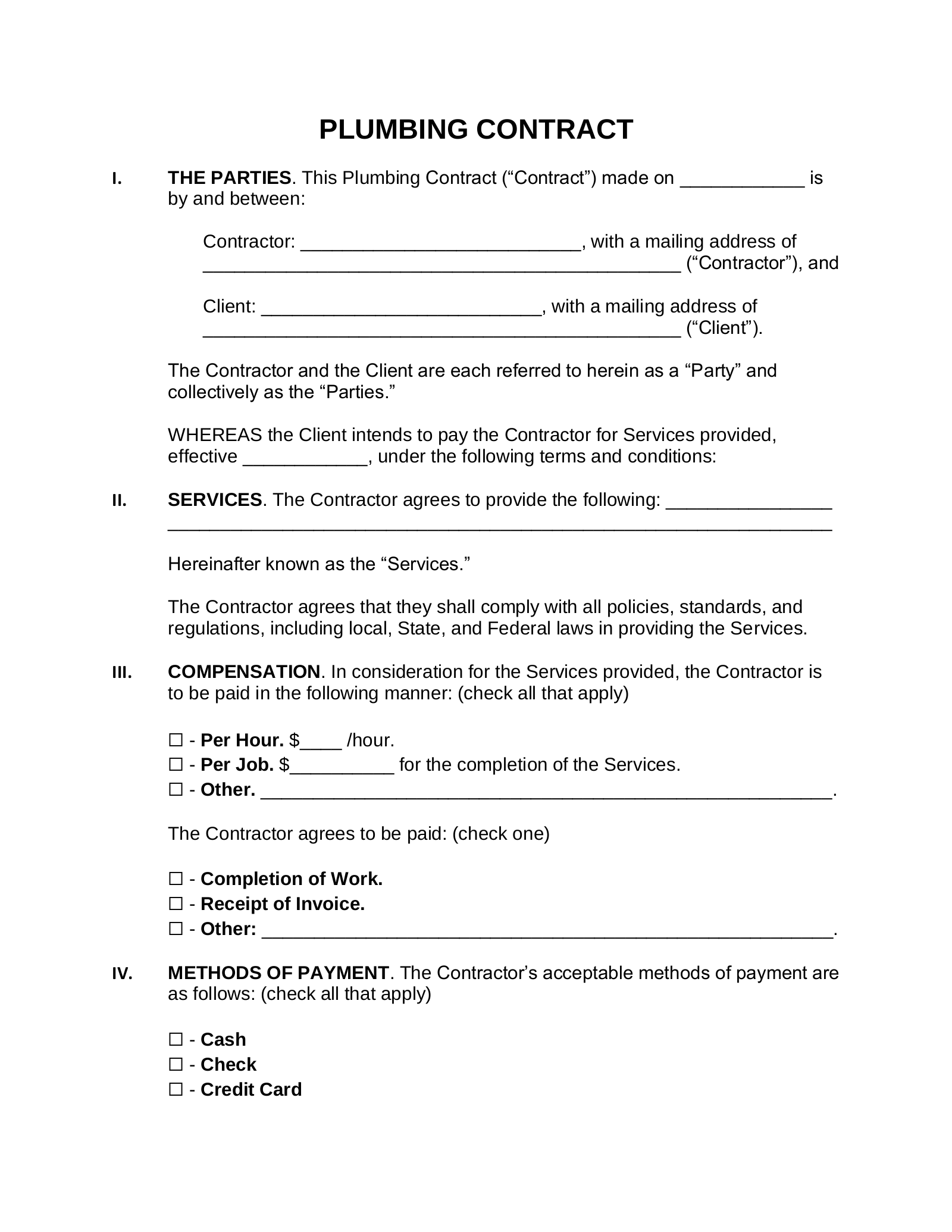
Negotiating the Contract Terms
Negotiating the terms of a plumbing contract can be a time-consuming and challenging process. It’s important to ensure that both parties are in agreement and that the contract covers all the necessary details. To make the process easier, it’s important to understand what to look for and what to avoid when negotiating a contract.
When negotiating a plumbing contract, it’s important to discuss all of the details with the other party. Make sure to take the time to go over the scope of work, the timeline for completion, any special considerations, and the pricing structure. Additionally, be sure to discuss any potential liabilities that could arise, such as property damage or delays in completing the project. This will help both sides understand the full extent of the contract and avoid any misunderstandings down the road.
It’s also important to discuss payment terms and any applicable warranties. Be sure to include language that specifies how payment will be made, when it should be made, and any penalties that may be incurred for late payments. Additionally, it’s important to discuss any applicable warranties and service guarantees. These should be clearly defined in the contract and any applicable limits should be outlined.
Finally, it’s important to review the contract thoroughly before signing. Be sure to read it carefully and make any necessary corrections or changes before signing. This will ensure that both parties are in agreement and that the contract is legally binding. Knowing how to write a plumbing contract and negotiating the terms can help ensure that both sides understand their responsibilities and that the project is completed successfully.
Signing the Contract
Once you have identified the work that needs to be done, it is time to sign the contract. Before signing a plumbing contract, make sure you read it thoroughly and fully understand what is included and what is not. It is also important to make sure that you are in agreement with the payment terms and any other conditions included in the agreement.
Be aware of any potential hidden costs, such as additional parts needed for the job or travel expenses. You should also inquire about any warranties that may be included in the contract. It is important to make sure that the contractor is licensed and insured to provide the services requested.
It is also important to note that there may be additional costs or penalties for any late payments. Make sure you are aware of any potential penalties or fees before signing the contract.
Once the contract is signed, make sure to keep a copy for your records. This will be important if you need to refer back to the agreement at any point in the future. By taking the time to read and understand the contract before signing, you are protecting yourself from any misunderstandings or surprises in the future.
Ensuring Your Plumbing Contract is Legally Binding
When it comes to plumbing projects, having a legally binding contract in place is important to ensure that both parties are protected. A plumbing contract should outline the scope of the project, payment terms, and any other relevant details to make sure that everyone is on the same page. This article will provide an in-depth analysis of the key elements of a plumbing contract, including what to include, how to write it, and how to ensure it’s legally binding.
First, it’s important to understand the components of a plumbing contract. The contract should include information about the job, such as the scope of the project, the timeline, and any special instructions from the customer. The contract should also include the payment terms, such as when payment is due and what methods of payment are accepted. It’s also important to include language that outlines the rights and responsibilities of both parties.
Next, you’ll need to ensure that your plumbing contract is legally binding. This means that both parties should sign the contract and the contract should be notarized. This will provide proof that the contract was agreed upon by both parties. Additionally, you should include language that outlines how disputes will be resolved. This will help protect both parties in the event of a disagreement.
Finally, you should always review your plumbing contract before signing it. Make sure that the language is clear and all of the details are correct. If you have questions or need clarification on any provisions, be sure to ask before signing the contract. By taking the time to review your plumbing contract, you can ensure that the agreement is legally binding and both parties are protected.
FAQs About the How To Write A Plumbing Contract?
Q1: What information should be included in a plumbing contract?
A1: A plumbing contract should include the scope of work, the estimated cost, a timeline, payment terms, and any other pertinent details.
Q2: What should I do if I have questions about the plumbing contract?
A2: You should always ask questions about any part of the contract that is not clear to you. Additionally, it is important to read the contract and make sure that it meets your needs.
Q3: Who should I contact if I have a dispute about the plumbing contract?
A3: If you have a dispute about the plumbing contract, you should contact a lawyer or a mediator. Additionally, you may be able to contact a consumer protection agency for assistance.
Conclusion
Writing a plumbing contract is an important step in any plumbing job, as it allows both parties to know what is expected of them and helps to protect both parties from any potential conflicts. A plumbing contract should clearly outline the scope of the project, the materials needed, the costs, the timeline for completion, and any other information relevant to the job. It should also include any warranties that might be available and any terms of payment. By taking the time to thoroughly create a plumbing contract, you can ensure that both parties are on the same page and that the job will be completed to satisfaction.


